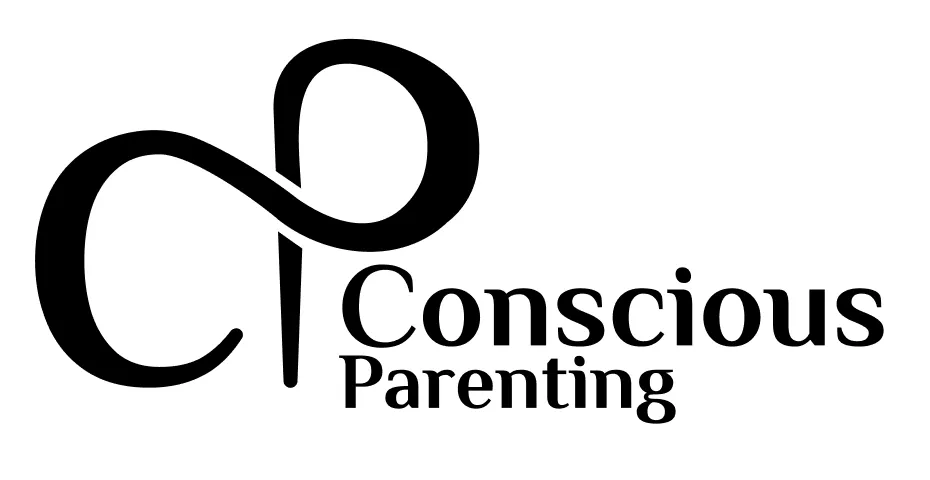
Reduced usage of screen time and positive effects on child development

Recent research highlights the clear mental health benefits of reducing screen time, especially among children and adolescents. Studies increasingly show that less exposure to screens is associated with lower anxiety levels, improved mental clarity, and an overall boost in emotional well-being.
Reduced Anxiety and Stress
High screen use, particularly social media, has been linked to increased levels of anxiety in children. Studies suggest that constant exposure to curated, idealized content on social platforms leads to comparison-based stress, which can trigger or exacerbate social anxiety (Twenge & Campbell, 2018). In a survey of adolescents, Clinical Psychological Science reported that teens who spent more than three hours per day on devices were significantly more likely to experience mental health issues, including anxiety and depression, compared to their peers with limited screen time (Twenge et al., 2018). The study examined 40,337 children aged 2-17 in the US and measured daily time spent on cell phones, computers, video games and TV. The study concluded that after 1 hour a day there were significant reductions in psychological well-being, less curiosity, lower self control, more distractibility, difficulty making friends, less emotional stability, being more difficult to care for, and inability to finish tasks.

Percentage who do not bounce back, often lose their temper, or cannot calm down when excited or wound up, by total screen time, 2- to 5-year-old children, with controls, U.S., 2016. Error bars are ±1 SE. Twenge, et. al, 2018.
At 7 hours a day, there is twice the likelihood to develop depression, anxiety to a degree that needs care by a mental professional, or been given medication to manage the psychological issue.

Percentage ever diagnosed with anxiety or depression, by age and level of screen time, with controls, U.S., 2016. Error bars are ±1 SE.
Another study by the American Academy of Pediatrics found that reducing screen time can positively impact children’s emotional regulation and stress management skills. When kids and teens spend less time online, they are less prone to receiving negative social feedback or encountering cyberbullying, both of which can contribute to heightened anxiety. Instead, they are more engaged in real-world social interactions, which help them build genuine relationships and improve their ability to communicate and navigate face-to-face scenarios (American Academy of Pediatrics, 2016).
Studies have shown that the benefits of online learning, especially at young ages 15 months to 3 years, are prevalent when a caregiver is with a child helping them translate the 2 dimensional experience into a 3 dimensional one.
The American Academy of Pediatrics recommends that families put together a media plan. Here us a guide that explains how to create a family media plan and update is as needed.
Improved Mental Clarity and Cognitive Function
Beyond emotional benefits, lower screen time is also linked to improved cognitive function, focus, and mental clarity. Excessive screen use can overstimulate the brain and disrupt normal cognitive functions. The blue light emitted by screens, for example, disrupts melatonin production, leading to poor sleep quality, which in turn impacts cognitive clarity and memory (Hale & Guan, 2015).
A study published in Preventive Medicine Reports demonstrated that children who use screens less sleep better, focus more, and have greater mental clarity throughout the day (LeBlanc et al., 2017).
Inadequate sleep from screen-induced stimulation has been associated with inattention, irritability, and poor academic performance, highlighting the importance of digital boundaries for cognitive health.
Enhanced Well-Being Through Offline Activities
Researchers also point out that when children spend less time on screens, they have more opportunities to engage in other enriching activities that promote mental wellness. Physical activities, for instance, have a well-established link with reducing stress and anxiety, as exercise boosts endorphin production, which naturally enhances mood and mental clarity (Mandolesi et al., 2018). Similarly, time spent outdoors has been shown to improve attention span and mental clarity in children by reducing "mental fatigue" caused by overstimulation from screens (Berman, Jonides, & Kaplan, 2008).
The Journal of Adolescence published a study that examined teens who spent less time on devices and more time on offline activities like reading, art, and exercise. These teens showed lower levels of anxiety and higher levels of life satisfaction and mental clarity compared to their high screen-time peers (Odgers & Jensen, 2020). Offline activities give children a mental break from constant stimulation, allowing them to recharge and think more clearly.
Conclusion
The evidence overwhelmingly supports that reducing screen time can positively impact children’s mental health. By limiting digital exposure, children experience reduced anxiety, improved focus, and higher mental clarity. Creating healthier screen-time habits helps foster emotional resilience, cognitive health, and greater well-being.
References:
Twenge, J. M., & Campbell, W. K. (2018). Associations between screen time and lower psychological well-being among children and adolescents: Evidence from a population-based study. Clinical Psychological Science, 7(2), 197-208.
Hale, L., & Guan, S. (2015). Screen time and sleep among school-aged children and adolescents: A systematic literature review. Sleep Medicine Reviews, 21, 50-58.
LeBlanc, A. G., Gunnell, K. E., Prince, S. A., Saunders, T. J., Barnes, J. D., & Chaput, J.-P. (2017). The relationship between screen time and sleep in children: A systematic review of literature. Preventive Medicine Reports, 6, 239-245.
Mandolesi, L., et al. (2018). Effects of physical exercise on cognitive functioning and well-being: Biological and psychological benefits. Frontiers in Psychology, 9, 509.
Berman, M. G., Jonides, J., & Kaplan, S. (2008). The cognitive benefits of interacting with nature. Psychological Science, 19(12), 1207-1212.
Odgers, C. L., & Jensen, M. R. (2020). Digital technology and adolescent mental health: A cautious overview of the evidence. Journal of Adolescence, 83, 21-29.
Pediatrics (2016) 138 (5): e20162591. https://doi.org/10.1542/peds.2016-2591
